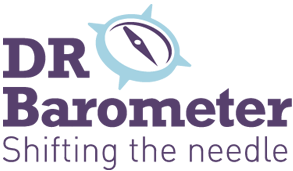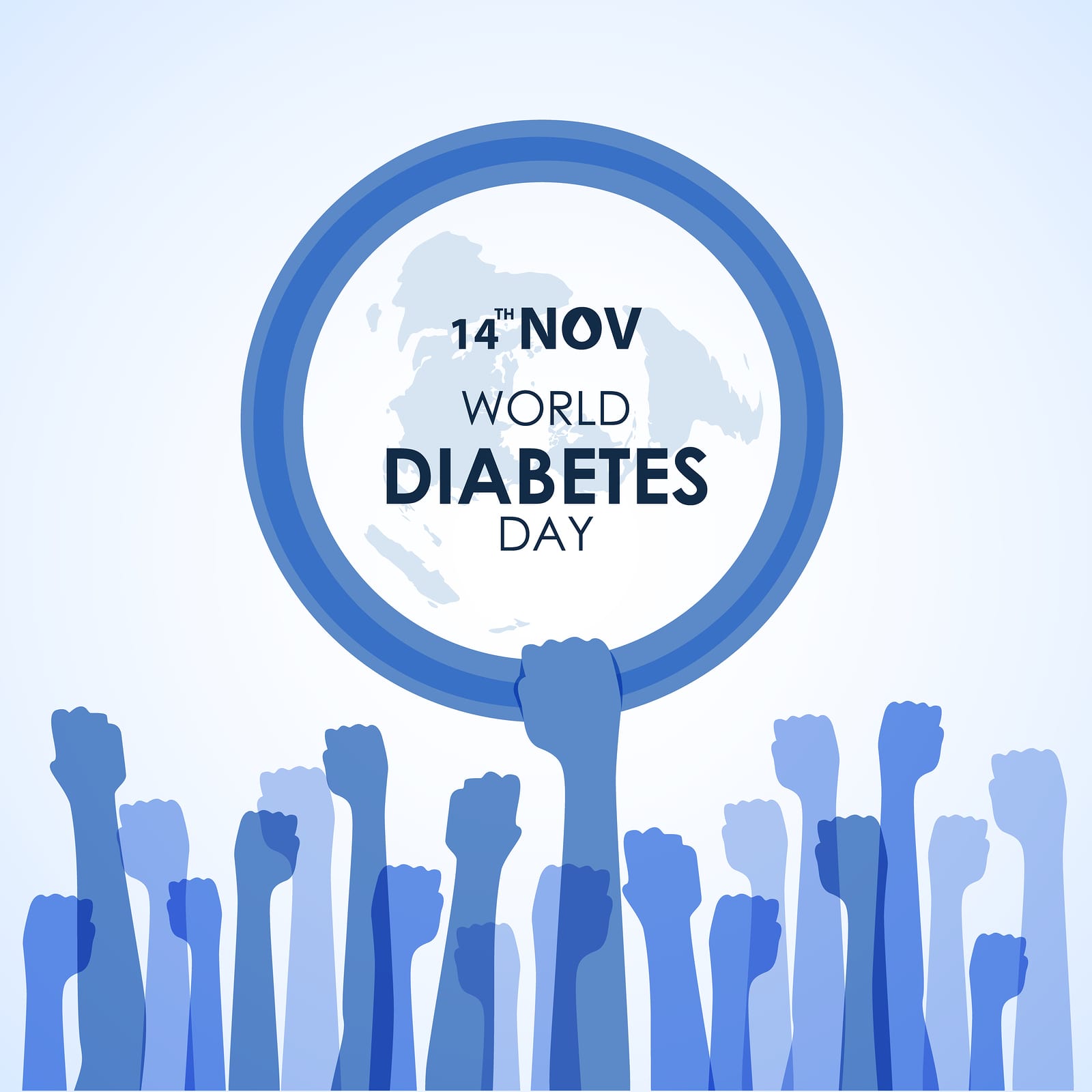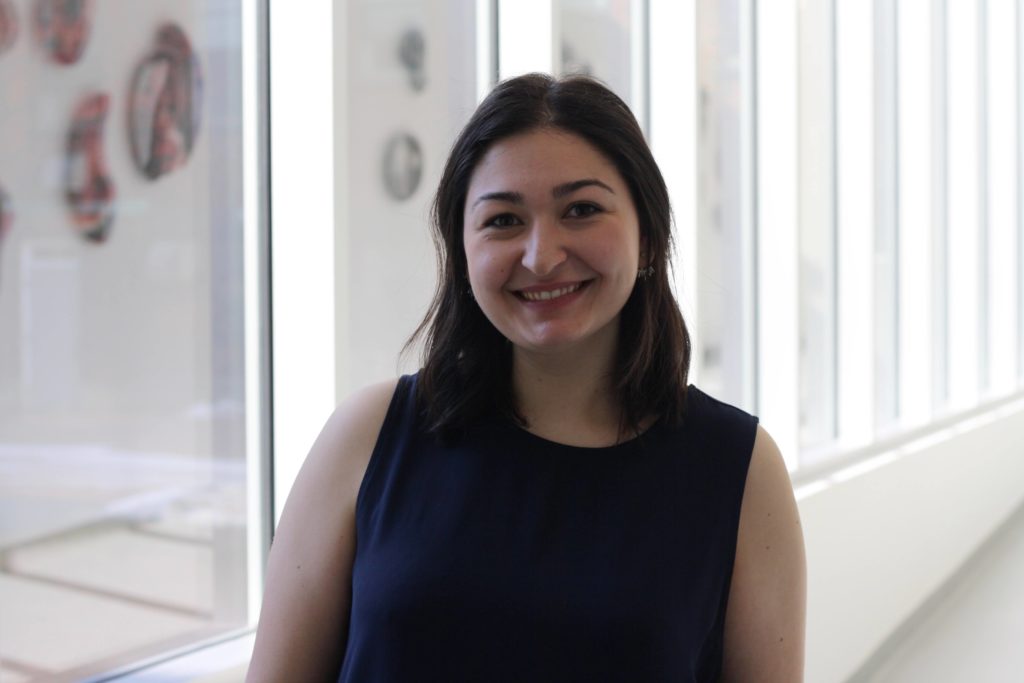World Diabetes Day on the 14 November is a time to bring awareness to the condition and its complications while also highlighting latest medical advancements and good practices.
Diabetes is known to be a major cause of disability and illness around the world, with devastating social and economic consequences for the individuals as well as society. Diabetic retinopathy (DR) – a complication of diabetes caused by damage to blood vessels in retina – can lead to vision loss and blindness. The good news is that over 50% of type 2 diabetes is preventable with early detection of the risk and lifestyle improvements.
Presented at the European Association for the Study of Diabetes (EASD) in Spain this year was a study that demonstrated the power of science and humanity. Researchers from the Medical School at the University of Exeter used a newly developed biomicroscope to measure the autofluorescence in eyes which reflects the level of advanced glycation end-products (AGEs). High levels of AGEs, detected among people with type 2 diabetes and prediabetes, can contribute to several diseases, including visual complications of diabetes such as retinopathy.
Being able to predict a person’s risk of developing diabetes also provides an opportunity to intervene and prevent long-term consequences. “Lens autofluorescence could be a robust marker of long-term diabetes control predicting future complication risks,” said Dr Mitra Tavakoli, lead author of the study.
Blindness due to diabetic retinopathy has serious and life altering consequences to a person’s role and responsibilities as well as identity in family and society. Although early screening and management has been shown to avoid major damage occurs in eyes, individuals diagnosed with diabetes often do not have regular and routine eye exams.
Education, awareness and self management are several key principles for those with diabetes and the associated vision complications. The IFA together with IDF, IAPB and the Vision Academy are working to shape and influence policy to improve the vision health of people with diabetes through the DR Barometer Community. The Community is a collaborative network that brings together health care professionals, patient advocates, individuals living with diabetes and experts from around the world. Join the DR Barometer Community today.


